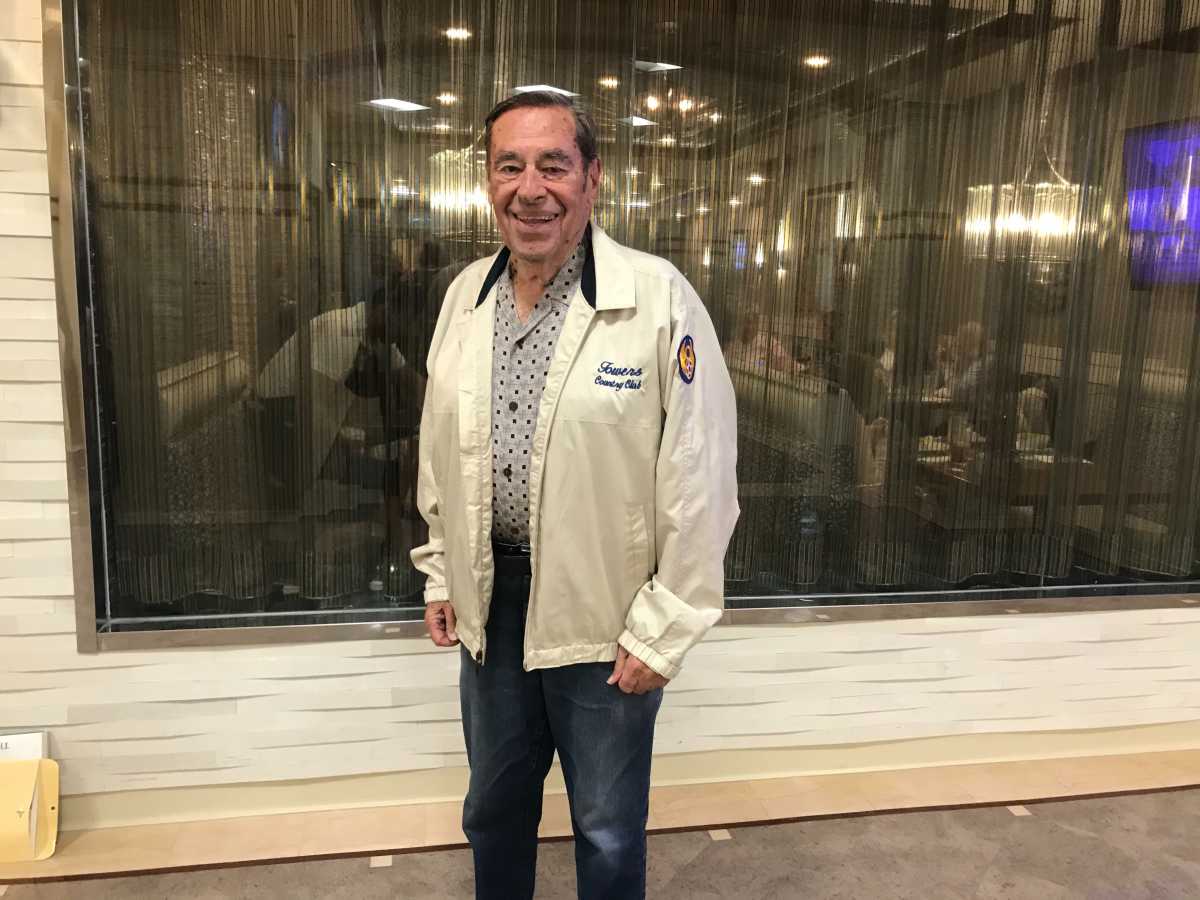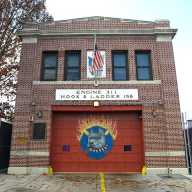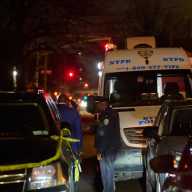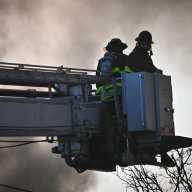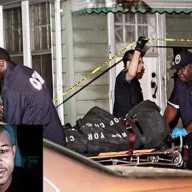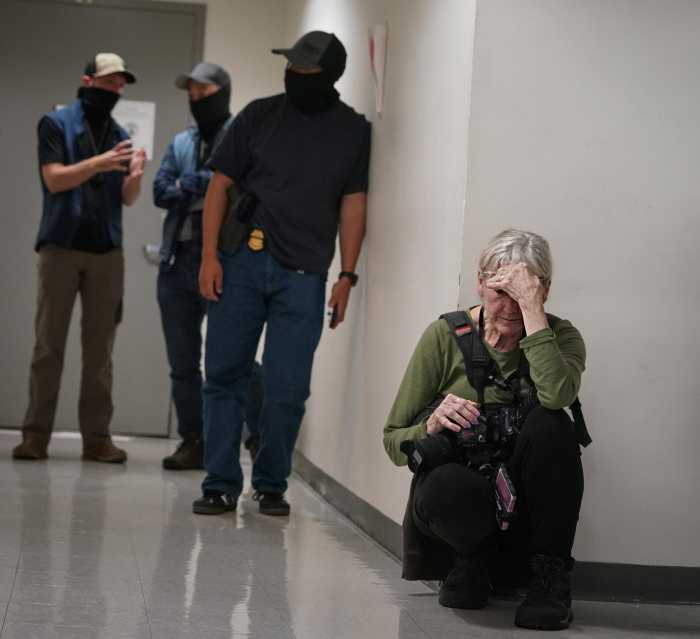This Veteran’s Day, World War II veteran Joseph Reveman will travel to England to honor fellow veterans in a special way.
On Nov. 11, the longtime North Shore Towers resident and former radio operator and backup gunner on the B-17 Flying Fortress will lay wreaths on cemetery plots at the Cambridge American Cemetery and Memorial. Each year, the cemetery in Madingley, England hosts an annual Veteran’s Day ceremony to honor fallen war heroes.
Marilyn Gibb-Rice, the president of the 398th Bomb Group Memorial Association (BGMA) approached Reveman about the opportunity after she heard he would be vacationing in Europe. The pair met at several reunions for the 398th Bomb Group, which Reveman served in from 1944 to 1945.
“We have a big ceremony. She says, ‘I am going to involve you in the ceremony. You are going to lay the wreaths on the cemetery plots.’ That is very, very big honor,” Reveman said. “You know who gets to do this in the United States? Whoever is president.”
The ceremony is free and open to the public to attend.
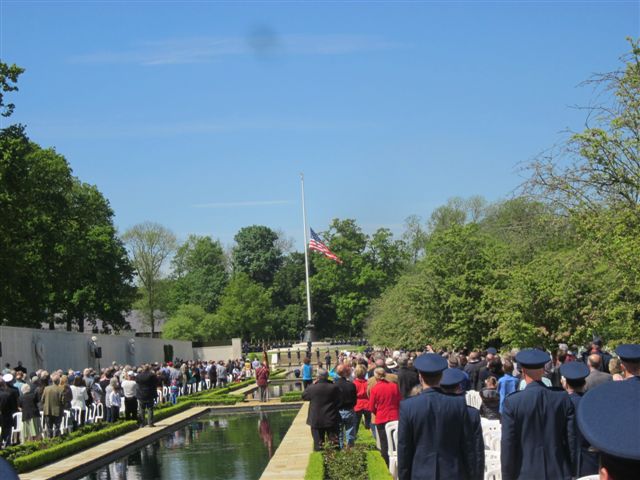
The Bronx native got an early start in the military, having been drafted in 1943 at the ripe age of 18. His training included Morse Code and radio and gun training before joining the 398th Bomb Group. He and the other members of the crew flew to Nuthampstead, Hertfordshire in England to destroy industrial plants and factories in Germany.
During his military tenure, the 398th Bomb Group flew 24 missions over Germany, the last of which took place in April 1945.
He experienced plane crashes in Greenland and Germany during his tour. During the first crash, adverse weather conditions caused them to reroute a scheduled landing in Reykjavik, Iceland, to Greenland.
“I got a radio message that said, ‘Iceland is closed in. It’s storming [and] you can’t land,” Reveman recalled.
The crew was informed they would have to turn around and land at the last point of embarkation, which was Happy Valley-Goose Bay in Canada. But at that point, Reveman said they were “past the point of no return” and they instead made plans to land in Greenland, where they made an emergency landing.
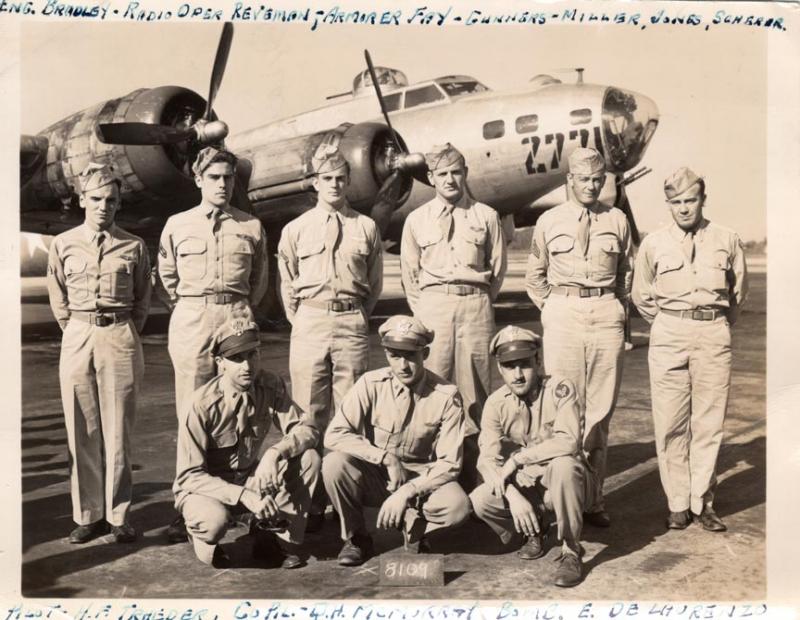
Three days later, Reveman and the crew were getting ready for takeoff to Iceland.
“We were taking off on this small runway. Now you have to picture it — runway’s small [with] mountains all around,” he said.
As they got to the end of the runway, the engine stalled and the plane went off the end of the runway into a fjord [a long and narrow inlet with steep sides]. All members of the crew survived the crash.
What didn’t survive were five cases of Yoo-Hoo, Reveman’s favorite beverage, which he had brought on board.
“When we were getting ready to leave the states, all the crew took whatever they wanted. They took liquor, clothes, cameras and I took five cases of chocolate Yoo-Hoo.”
After the crash, the Yoo-Hoo sunk in the ocean.
The second crash took place during Reveman’s final mission.
“The Army Ordnance had developed very sophisticated bombs that did the work of two to three normal bombs,” said Reveman, who added that each plane carried 10 500-pound bombs.
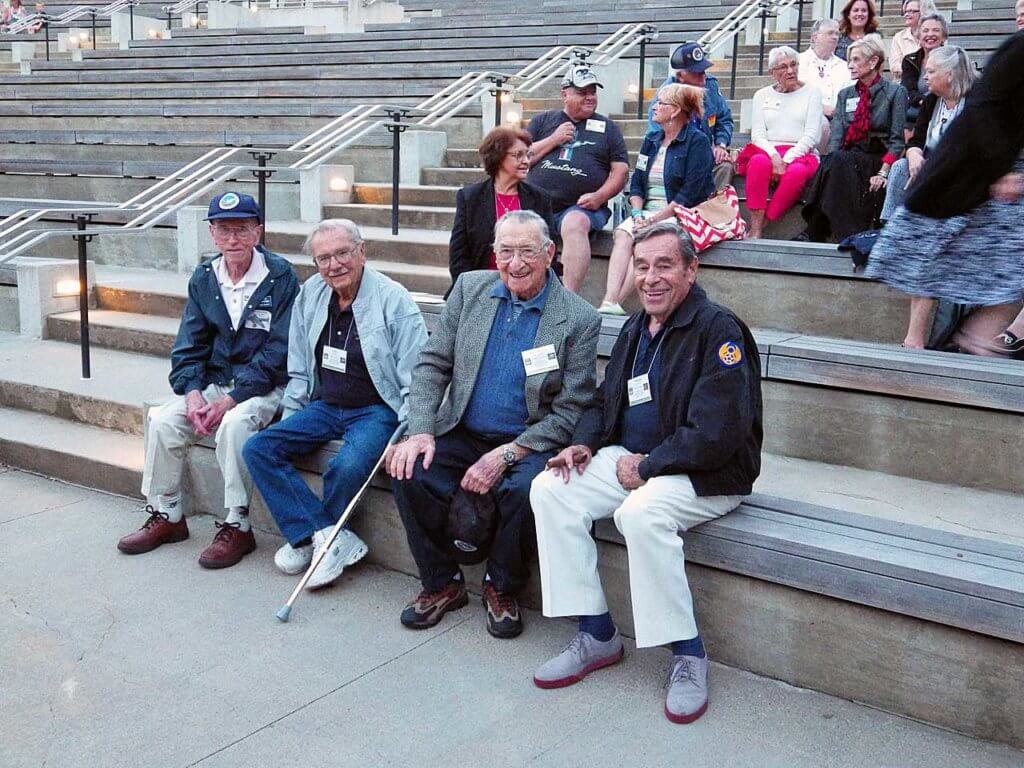
Due to the bombs’ sensitivity, the crews were told, “Don’t jostle them. Don’t bounce them around.” While their plane and others were flying in formation, one of them malfunctioned and the bombs did not release. When the pilot finally released the bombs, they dropped en masse amongst the plane formation.
“Four B-17 flying forces went down immediately. Forty men, dead,” he said.
The the impact threw the plane Reveman was on hundreds of feet into the air, breaking two out of four engines. Eventually, they decided they had to prepare for a belly up landing at a nearby German airport. While attempting to land, the plane careened into walls of dirt and stone that the Germans built to prevent Allied planes from landing.
He woke up amongst burning rubble, trapped in his radio seat. He pushed his way out of an opening at the top of the plane and fellow crew members pulled him “right out of my boots.”
Reveman received a Purple Heart for the injuries he sustained. His nephew Bryan Falk created the documentary “Riding the Airwaves: Stories of a B-17 Radio Operator” detailing the crashes and other stories from Reveman’s time in the Air Force.
The film is part of the Library of Congress in Washington, D.C., as part of the Joseph Reveman Collection.

